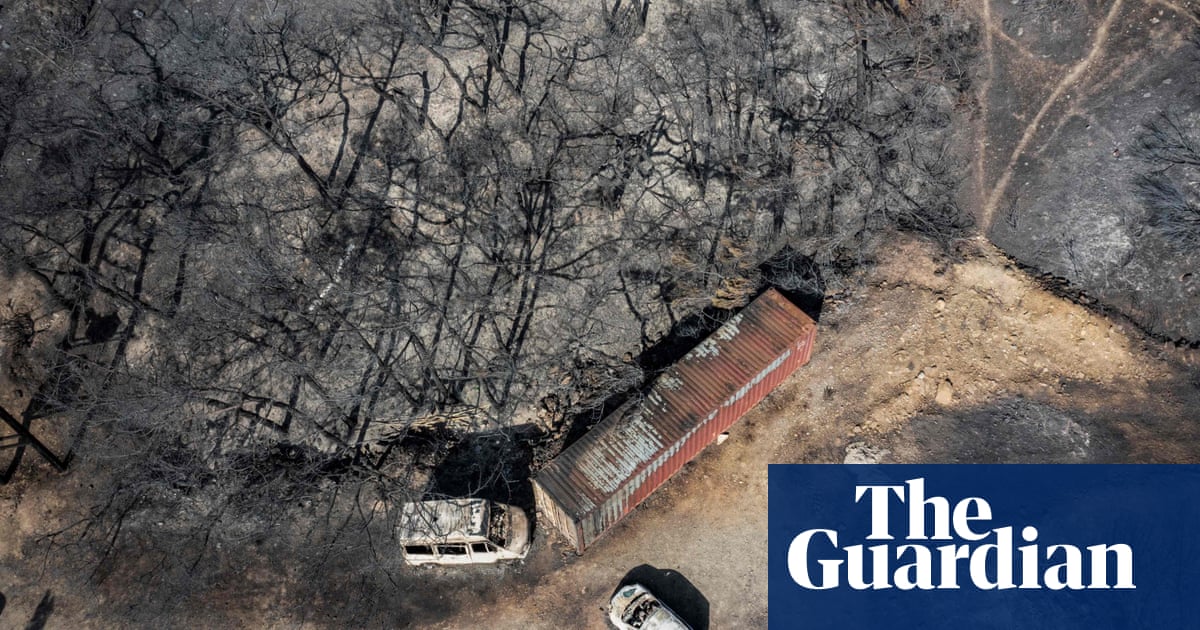
Temperatures in Europe are rising at roughly twice the global average, Copernicus and WMO reported
Deaths related to heat have increased by around 30 percent in Europe in the last 20 years, the report said
BRUSSELS: Europe is increasingly facing bouts of heat so intense that the human body cannot cope, as climate change continues to raise temperatures, the EU’s Copernicus climate monitoring service and the World Meteorological Organization said on Monday.
In a report on Europe’s climate, Copernicus and the WMO noted last year’s extreme conditions, including a July heatwave which pushed 41 percent of southern Europe into strong, very strong or extreme heat stress — the biggest area of Europe under such conditions in any day on record.
Extreme heat poses particular health risks to outdoor workers, the elderly, and people with existing conditions like cardiovascular diseases and diabetes.
Parts of Italy recorded 7 percent more deaths than normal last July, with victims including a 44-year-old man painting road markings in the northern town of Lodi who collapsed and died.
Heat stress measures the impact that the environment has on the human body, combining factors like temperature, humidity and the body’s response, to establish a “feels like” temperature.
Parts of Spain, France, Italy and Greece experienced up to ten days of extreme heat stress in 2023, defined as a “feels like” temperature of more than 46 degrees Celsius, at which point immediate action must be taken to avoid heat stroke and other health issues.
Deaths related to heat have increased by around 30 percent in Europe in the last 20 years, the report said.
The EU’s environment agency urged governments last month to prepare health care systems for climate change and called for EU rules to protect outdoor workers from extreme heat.
Last year was the world’s hottest since records began. Europe is the world’s fastest-warming continent.
Greenhouse gas emissions were the biggest cause of last year’s exceptional heat, the report said. Factors including the El Nino weather pattern also played a role.
The heat fueled extreme weather including flooding, since the warmer atmosphere can hold more moisture, causing heavier downpours when it is released.
Floods in Slovenia last year affected 1.5 million people. Greece suffered the EU’s biggest wildfire on record which, at 960 square km, was twice the size of Athens. Alpine glaciers lost 10 percent of their remaining volume during 2022 and 2023.
“Some of the events of 2023 took the scientific community by surprise because of their intensity, their speed of onset, extent and duration,” said Carlo Buontempo, director of the Copernicus Climate Change Service.












